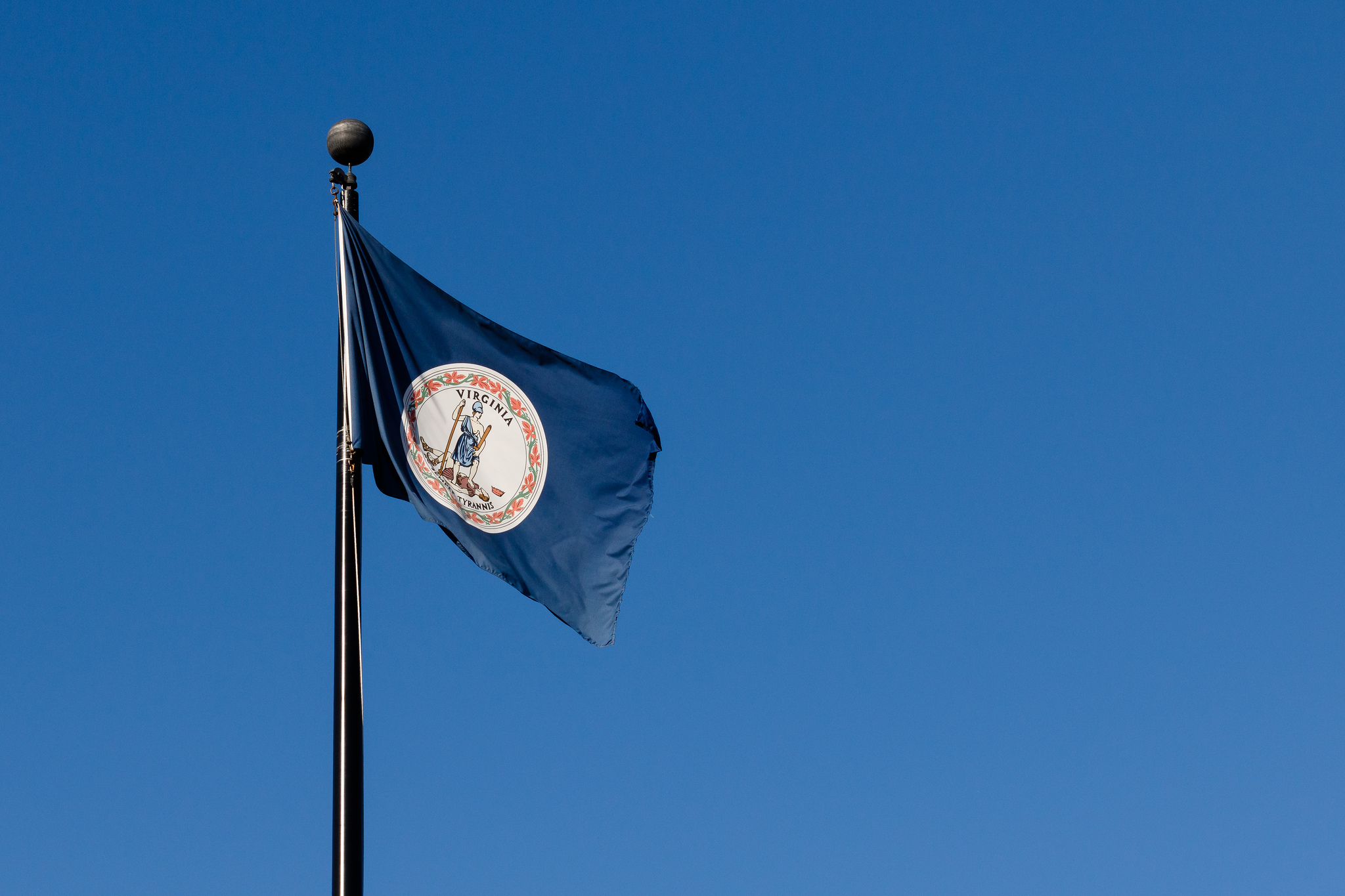Monmouth University shows practically little movement in the polls as former Democratic governor Terry McAuliffe maintains his five point lead over Republican challenger Glenn Youngkin in a 48-43 contest among registered — not likely — voters.
Liberation Party candidate Princess Blanding was not surveyed in the Monmouth poll.
From the press statement:
Just under half (48%) of registered voters currently support McAuliffe while 43% back Youngkin. This is virtually unchanged from the Democrat’s 47% to 42% lead in Monmouth’s August poll. McAuliffe continues to have an advantage among voters of color – 83% to 3% among Black voters and 53% to 28% among Latinos, Asians, and multiracial voters. Youngkin holds a large 57% to 36% lead among white voters, but there is a split based on education. His lead with this group is largely due to white voters without a bachelor’s degree (66% to 28% for McAuliffe). White college graduates prefer McAuliffe (50% to 43% for Youngkin).
One of the more interesting telltales in the Monmouth poll is that among reliable voters, McAuliffe performs better than if voter enthusiasm inches up a notch or two — a scenario that favors Youngkin:
A range of potential electorate scenarios* shows McAuliffe ahead by anywhere from 3 points (48% to 45%) to 7 points (50% to 43%) depending on the likely voter model. Youngkin does better when more low-propensity voters are included in the mix. Specifically, McAuliffe has a lead among voters who have cast ballots in every general election since 2016 (51% to 44%) and those who participated in 4 of the last 5 general elections (49% to 43%). Among those who voted in only 2 or 3 elections and are considered less reliable voters, the race is much closer (44% for McAuliffe and 42% for Youngkin).
Top issues? The economy, COVID and schools all make the grade.
Polls are already open for early voting in Virginia, with most polls indicating that Youngkin is within the margin of error and gaining among likely voters. McAuliffe meanwhile seems to be leaning back into the demographics of Virginia, where a natural constituency in Northern Virginia makes this a game of base turnout in an off-year election.





